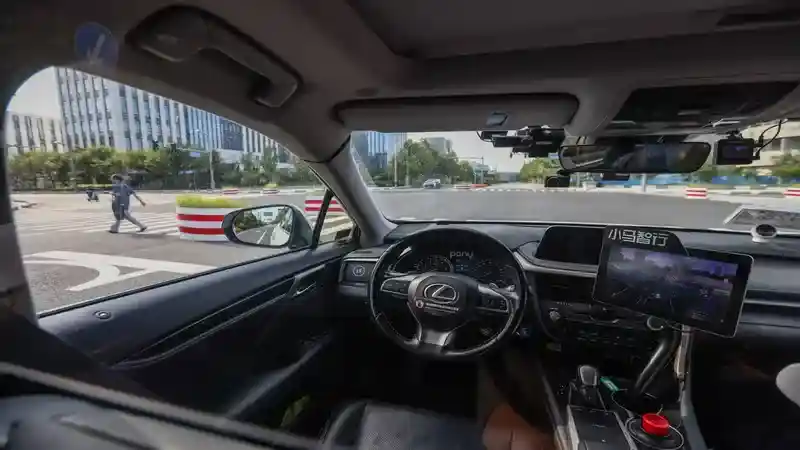China Takes Action on Self-Driving Technology Following Fatal Crash
- Published yesterday
- Legislation
- International
China introduces stricter regulations on self-driving technology to address safety concerns after a deadly accident involving an automated vehicle.

China's Crackdown on Self-Driving Tech Amid Rising Safety Concerns
China has recently announced significant measures to address concerns surrounding the rapid development of self-driving technology. This follows a deadly accident in March that resulted in three fatalities, involving a Xiaomi SU7 vehicle with an automated driver-assist feature. The Ministry of Industry and Information Technology (MIIT) convened a meeting with major automakers on April 16 to discuss the growing safety risks and the need for tighter regulation of driver-assist systems.
The MIIT's meeting, attended by approximately 60 representatives from top automakers, was a response to increasing concerns over the unchecked spread of automated driving technology. The government highlighted that the current regulatory framework is not sufficient to manage the rapid growth of self-driving systems in the market. With major manufacturers such as BYD, XPeng, and Zeekr racing to introduce advanced levels of driver-assist technologies, China is facing a delicate balancing act between fostering innovation and ensuring public safety.
"The meeting was convened amid growing concern in the country that regulation on the spread of automated driver technology is too loose and not being followed as development of the systems explodes."
The deadly March accident has spurred immediate action from regulators. In the incident, the Xiaomi SU7 crashed into a highway guardrail at 60 mph after its automated system disengaged, prompting the driver to take control just two seconds before the collision. This incident highlighted the limitations of current driver-assist technologies and raised alarm about the potential dangers posed by overreliance on these systems.
In light of this, the MIIT has imposed new restrictions on the advertising and promotion of self-driving technologies. Automakers are now prohibited from using terms like "autonomous driving" or "smart driving" in their marketing materials unless their technology has been thoroughly tested and proven safe. This new directive mirrors similar concerns in the United States, where companies like Tesla have been criticized for misleading consumers by over-promoting their automated systems.
"Meeting attendees told local media that they have been specifically told they cannot use the terms 'autonomous driving,' 'smart driving,' and 'advanced smart driving' in promoting the features of a car."
These regulatory changes are expected to have a profound impact on how automakers market their products in China. Companies that violate these rules could face hefty fines, ranging from five to ten times the cost of their advertising campaigns. In extreme cases, individuals responsible for misleading advertising could face criminal charges if their marketing directly leads to accidents or fatalities.
Another critical issue raised during the meeting was the potential dangers of enhancing driver-assistance systems through over-the-air software updates without proper approval from regulators. Automakers have been reminded that mass testing of self-driving technologies must be conducted under strict government oversight.
As the market for self-driving technology continues to grow, with predictions suggesting that up to 15 million cars sold in China this year will feature Level 2 functionality, the MIIT's measures aim to ensure that safety does not fall behind innovation.
Latest Taxi Updates!
Headlines, Breaking News, and Top Guides—straight to you! Stay informed and ride smarter every day!
